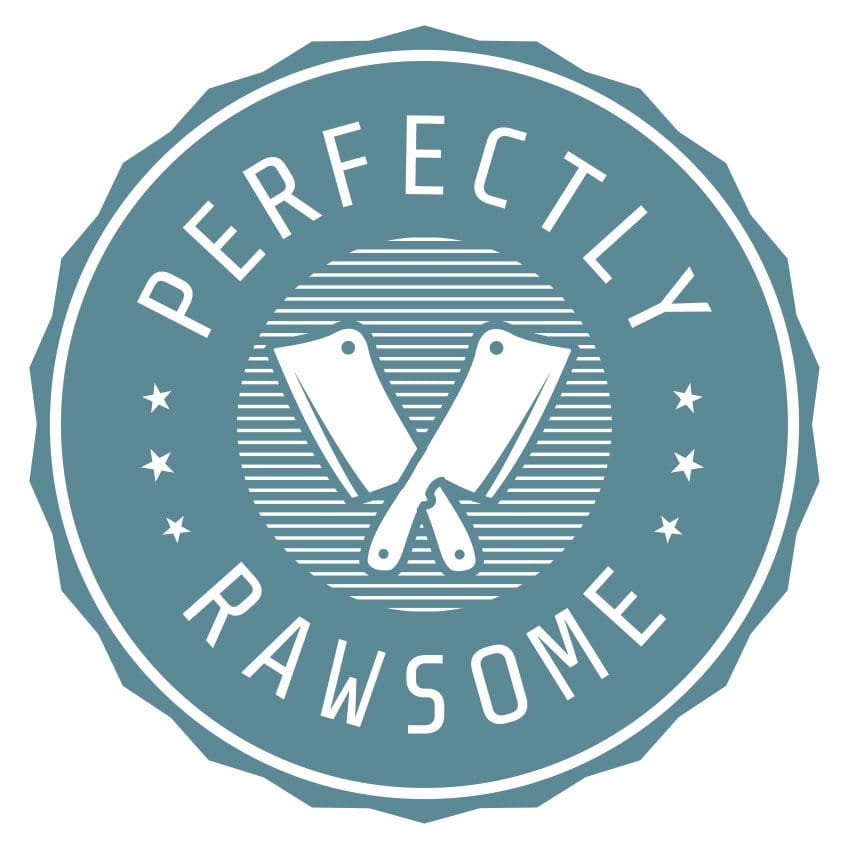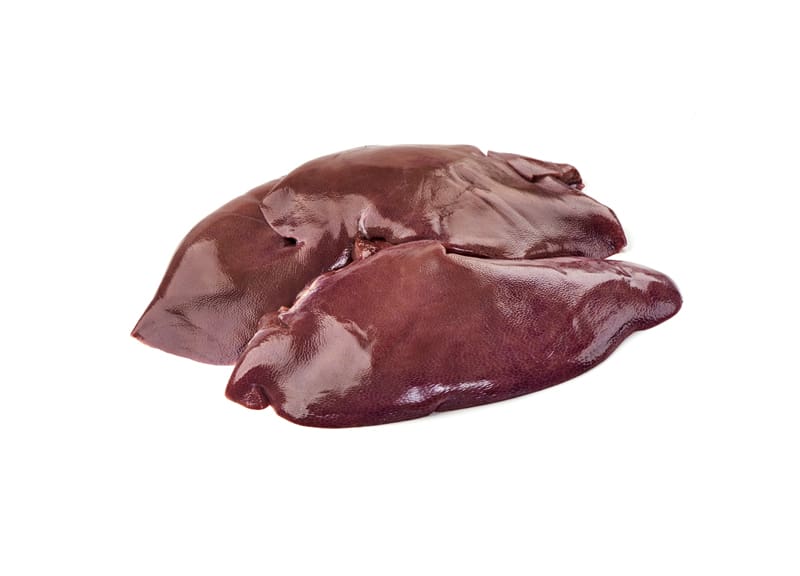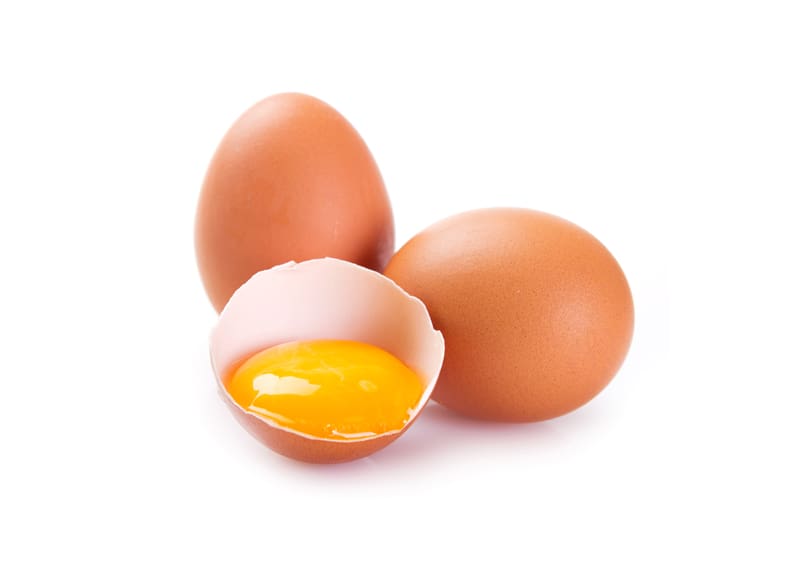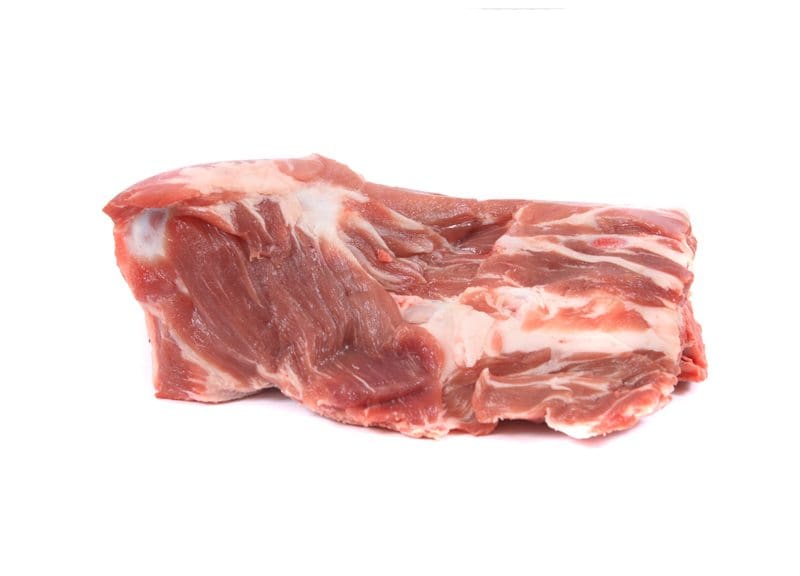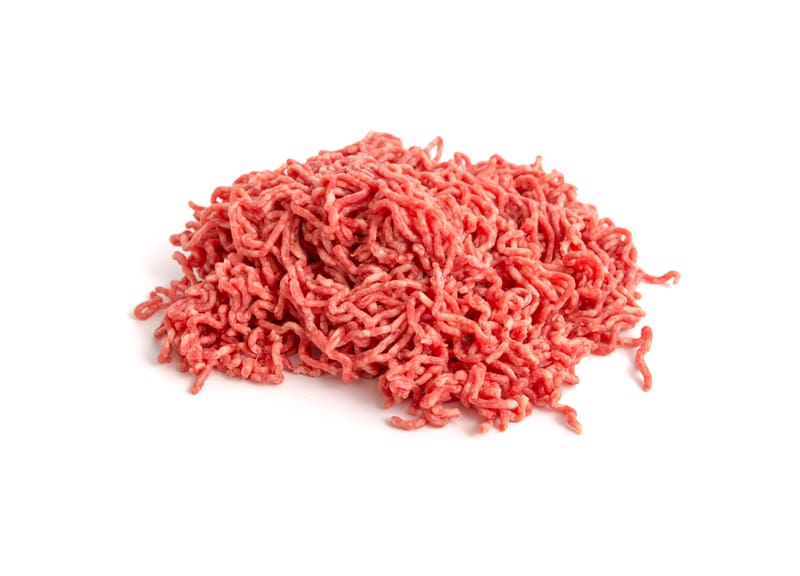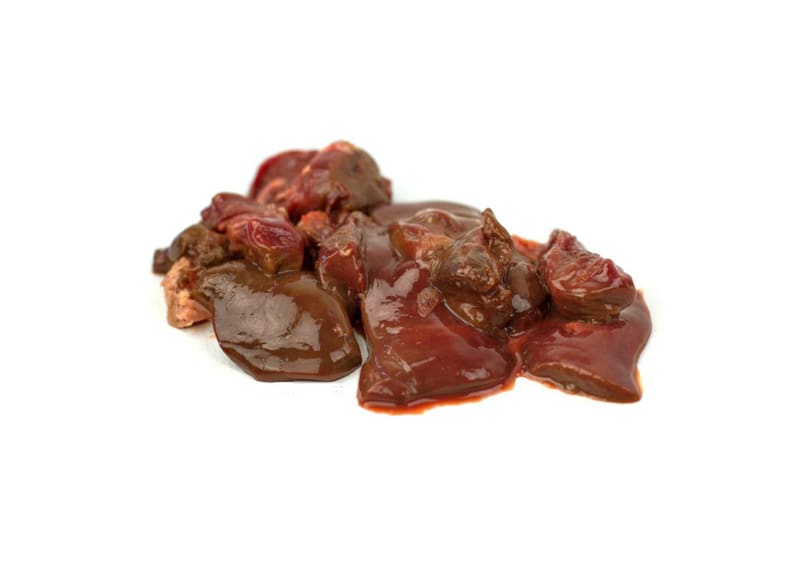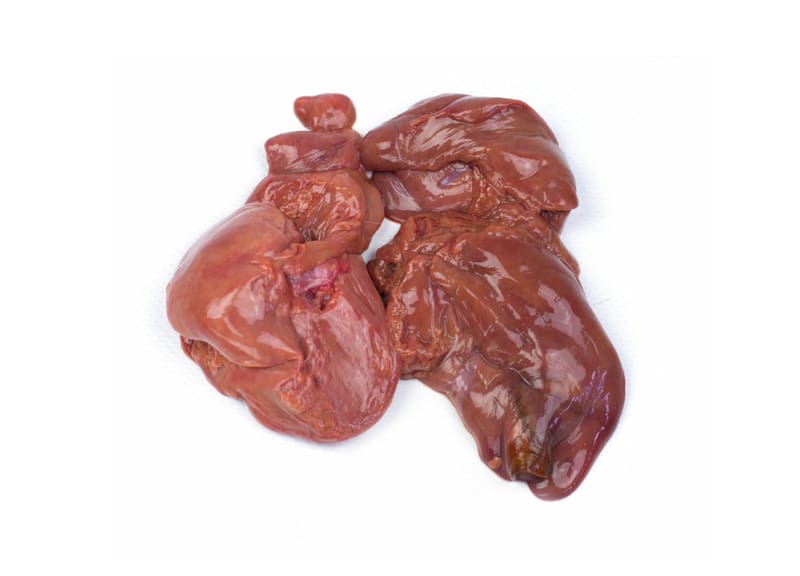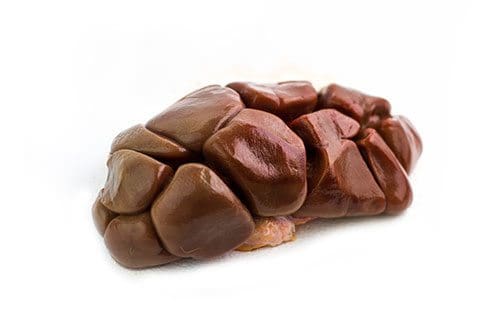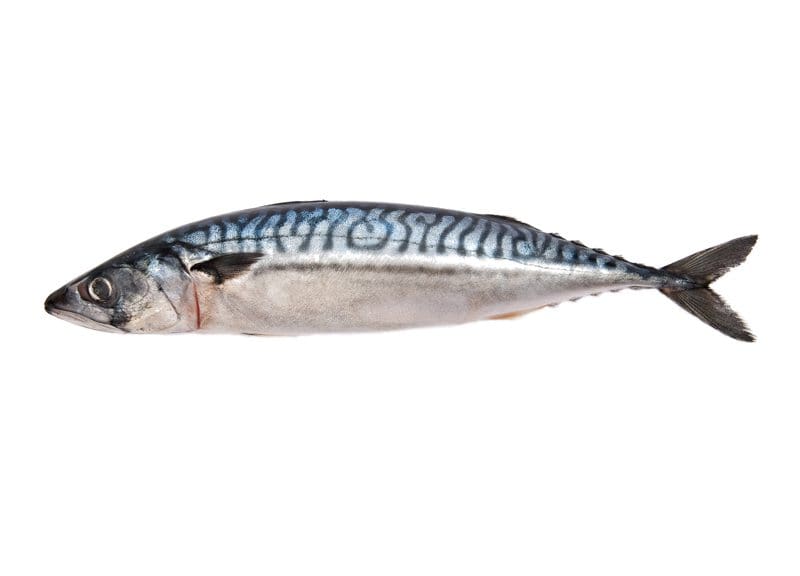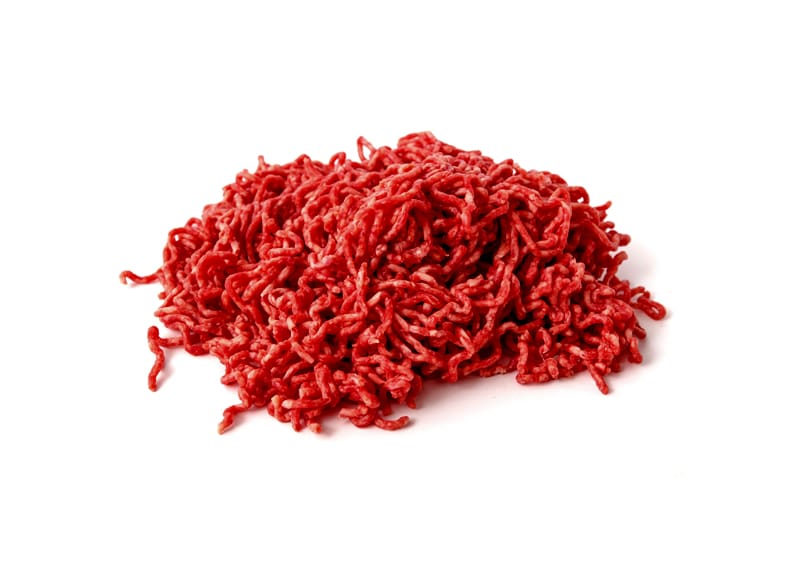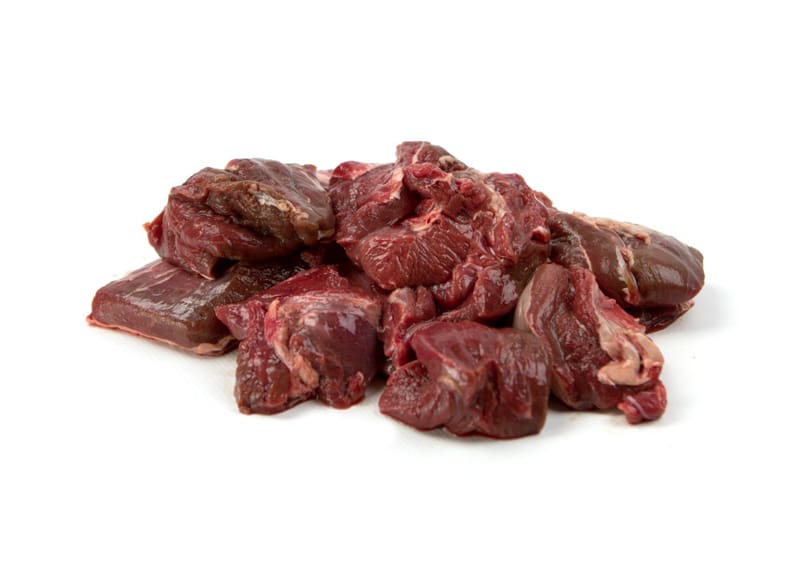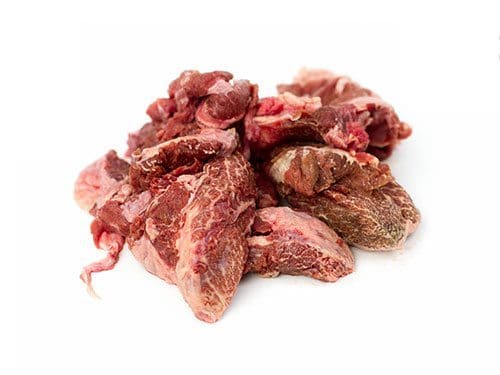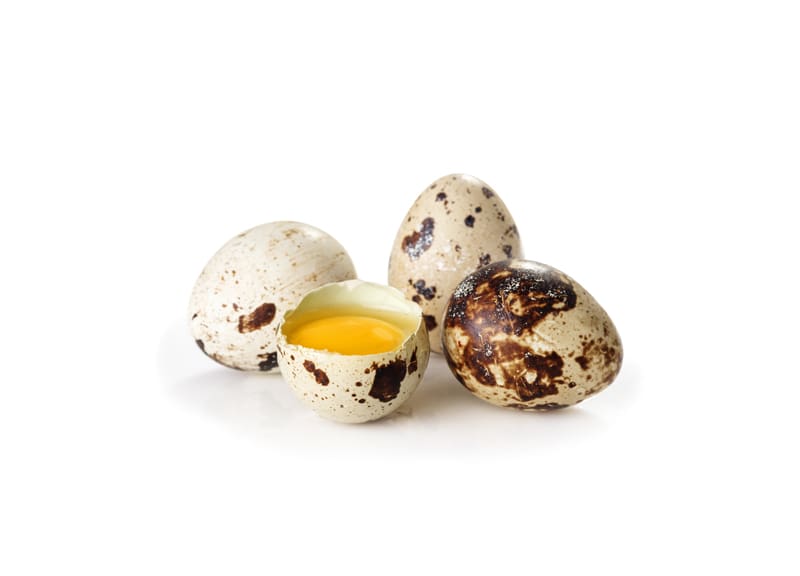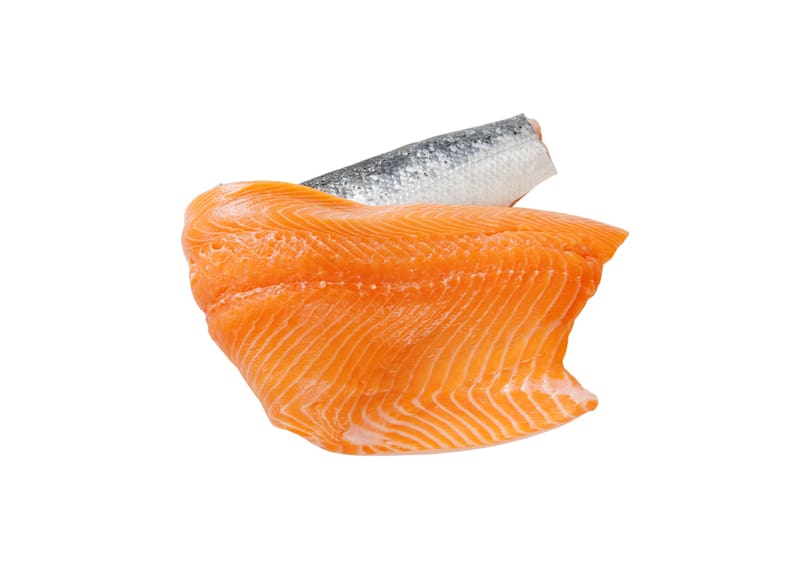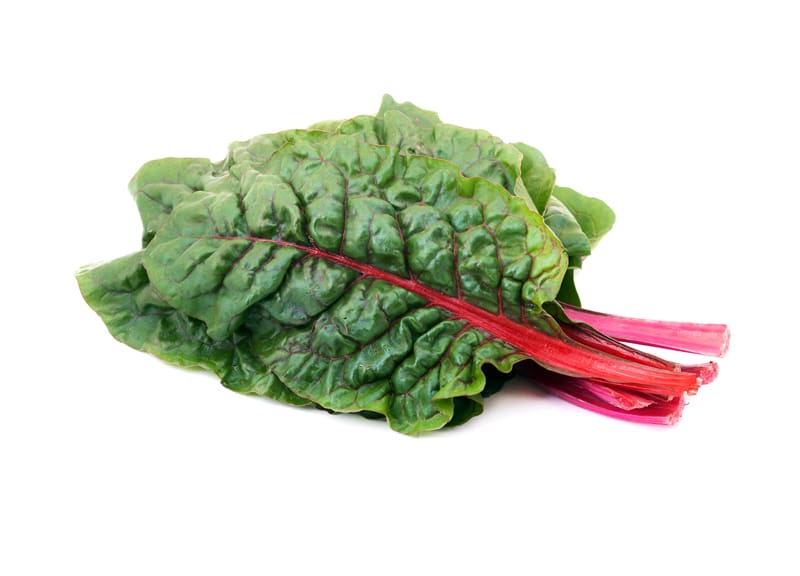A vitamin with the ability to dissolve in water is classified as a water-soluble vitamin. Excess water-soluble vitamins are not stored in body tissues, but instead, are filtered by the liver and kidneys and passed in the urine. Water-soluble vitamins are found in animal and plant foods and recommended allowances (RA) must be met daily.
There are eight essential water-soluble vitamins for dogs and cats. Vitamins B1, B2, B3, B5, B6, B7, B9, and B12 are essential water-soluble vitamins. Additionally, choline is a vitamin-like compound essential to healthy function. The body cannot synthesize these nutrients in adequate amounts and they must be supplied in the diet.
In Essential Nutrients: Water-Soluble Vitamins Part 1, we covered Vitamins B1, B2, B3, B5, and B6. Now, for Essential Nutrients: Water-Soluble Vitamins Part 2, we will focus on Vitamins B7, B9, and B12. The information provided below is based on a healthy pet and recommended allowances (RA) will vary on physiological state. Requirements for essential water-soluble vitamins depend on growth, lactation, pregnancy, medical conditions, and nutrient interactions within the diet.
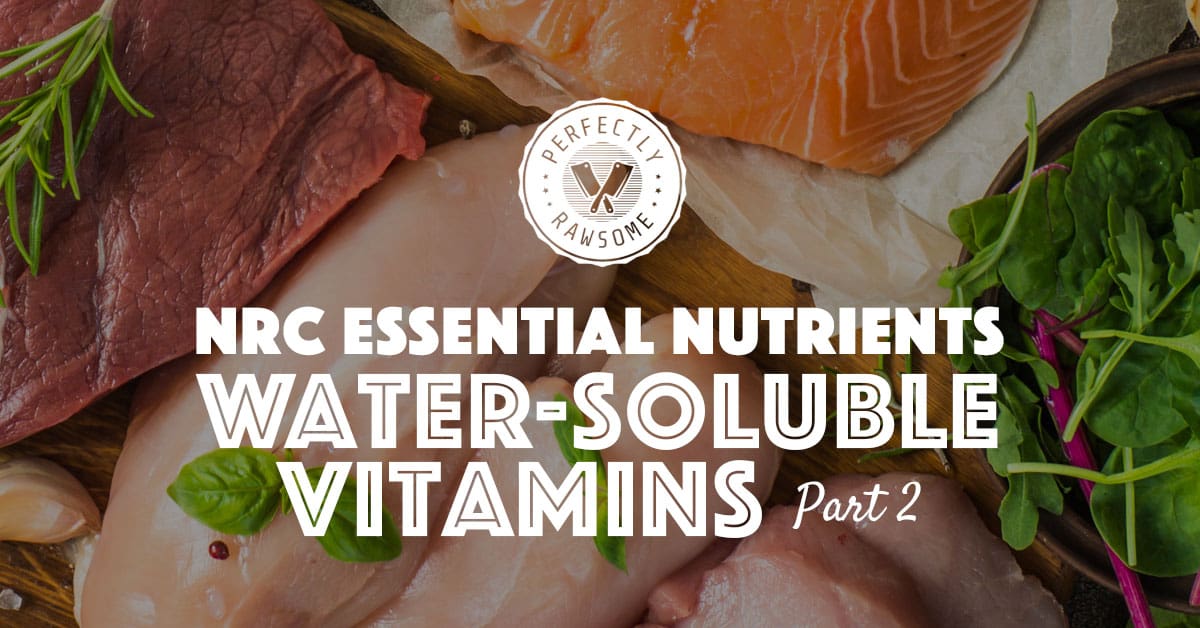
Vitamin B7 (Biotin)
Biotin is a water-soluble vitamin required to convert carbohydrates into glucose to be used as energy, produce amino acids and fatty acids, and the metabolism of proteins.
The National Research Council (NRC) for dogs and cats provides recommended amounts for Vitamin B7 per 1000kcal:
Adult Dogs
*Not available.
Puppies
*Not available.
Adult Cats
60mcg recommended allowance
Kittens
60mcg recommended allowance
About half of biotin requirements are created by gut microbes and the remaining requirements are supplied by the diet. Diets that include raw egg whites and antibiotics have a higher requirement for biotin.
Many nutritional analyses do not include biotin levels. However, it is found in a wide variety of foods. Oxidation, canning, heat, and solvent extraction are common processing methods, which result in the reduction of biotin in foodstuffs.
Vitamin B9 (Folate & Folic acid)
Folate plays a major role in DNA synthesization, the growth of cells, and the function of cells. Additionally, folate is required for amino acid metabolism, the formation of creatinine, and has a symbiotic relationship with Vitamin B12 to produce methionine from homocysteine.
The National Research Council (NRC) for dogs and cats provides recommended amounts for Vitamin B9 per 1000kcal:
Adult Dogs
67.5mcg recommended allowance
Puppies
68mcg recommended allowance
Adult Cats
188mcg recommended allowance
Kittens
188mcg recommended allowance
Folate is found in many foods. However, liver, eggs, and leafy greens contain higher concentrations.
Folate is unstable in a variety of storage conditions and is destroyed by heat, prolonged freezing time, and storage in water.
Vitamin B12 (Cobalamin)
Adult Dogs
8.75mcg recommended allowance
Puppies
8.75mcg recommended allowance
Adult Cats
5.6mcg recommended allowance
Kittens
5.6mcg recommended allowance
Cobalamin is only synthesized by specific microorganisms. Therefore, Vitamin B12 must be supplied in the diet. Plant ingredients contain very little cobalamin which is primarily found in meat-based foods.
White muscle meat, such as chicken and turkey, provides Vitamin B12 in lesser amounts in comparison to red meat. A raw diet using red muscle meat, liver, and fish will provide essential cobalamin.
Medical conditions, such as Exocrine Pancreatic Insufficiency (EPI), due to malabsorption of the vitamin are at risk of vitamin B12 deficiency. Therefore, pets with EPI have higher requirements for Vitamin B12.
Choline
Adult Dogs
425mg recommended allowance
Puppies
425mg recommended allowance
Adult Cats
637mg recommended allowance
Kittens
637mg recommended allowance
Choline is synthesized in the liver with the presence of Vitamin B12 and folic acid. However, this is not to suggest feeding foods with choline is not beneficial.
Nonessential, Water-Soluble Vitamins
Vitamin C is considered a non-essential water-soluble vitamin. The body can synthesize Vitamin C in adequate amounts and is not considered necessary to be supplied in the diet for a healthy canine or feline.
Vitamin C (Ascorbic Acid)
CLOSING COMMENTS
Vitamins B7, B9, and B12 are four of the eight essential water-soluble vitamins in addition to Vitamins B1, B2, B3, B5, and B6. Additionally, choline is a vitamin-like compound which is also classified as an essential water-soluble vitamin.
Overall, water-soluble vitamins are found in higher concentrations in red muscle meats, liver, fish, and leafy greens. Excess water-soluble vitamins are not stored in body tissues and recommended allowances for water-soluble vitamins should be met daily for optimal health.
